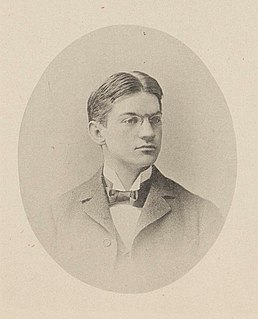A Quote by Aristotle
[the virtues] cannot exist without Prudence. A proof of this is that everyone, even at the present day, in defining Virtue, after saying what disposition it is [i.e. moral virtue] and specifying the things with which it is concerned, adds that it is a disposition determined by the right principle; and the right principle is the principle determined by Prudence.
Related Quotes
If a man of good natural disposition acquires Intelligence [as a whole], then he excels in conduct, and the disposition which previously only resembled Virtue, will now be Virtue in the true sense. Hence just as with the faculty of forming opinions [the calculative faculty] there are two qualities, Cleverness and Prudence, so also in the moral part of the soul there are two qualities, natural virtue and true Virtue; and true Virtue cannot exist without Prudence.
[Prudence] is the virtue of that part of the intellect [the calculative] to which it belongs; and . . . our choice of actions will not be right without Prudence any more than without Moral Virtue, since, while Moral Virtue enables us to achieve the end, Prudence makes us adopt the right means to the end.
The investor has a right to expect good results to flow from a consistent and courageous application of the principle of buying after the market has declined substantially and selling after it has had a spectacular rise. But he cannot expect to reduce this principle to a simple and foolproof formula, with profits guaranteed and no anxious periods.
As a matter of principle, we believe patients should be able to see the right doctor at the right time. As a matter of principle, we believe nothing should interfere with that doctor-patient relationship. As a matter of principle, we believe all Americans deserve affordable, available, and reliable quality health care.
Neither the circle without the line, nor the line without the point, can be artificially produced. It is, therefore, by virtue of the point and the Monad that all things commence to emerge in principle. That which is affected at the periphery, however large it may be, cannot in any way lack the support of the central point.



































